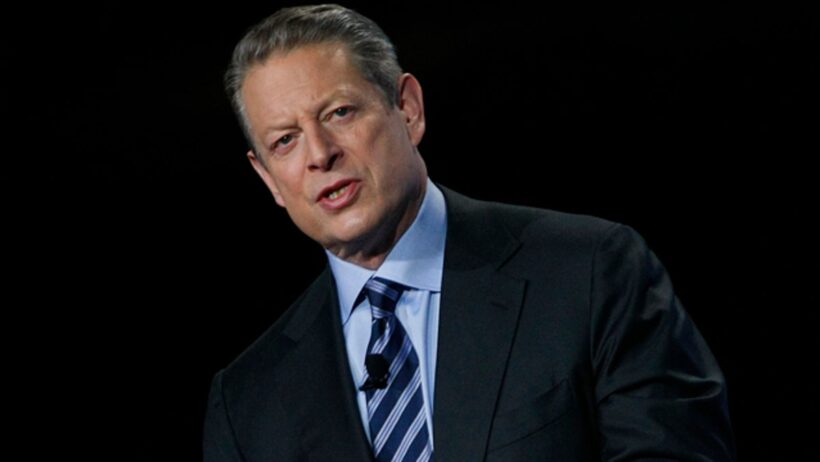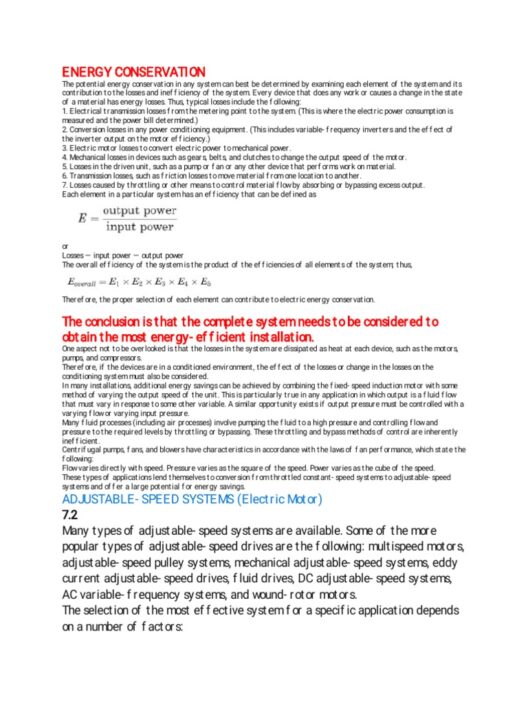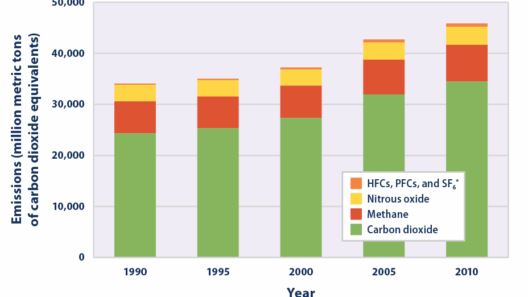Al Gore, a name synonymous with climate advocacy, often incites fervent debate regarding his motives and the ramifications of his actions. The inquiry into whether he benefits financially or otherwise from global warming awareness invites scrutiny rooted in both skepticism and reverence. To navigate this complex terrain, one must first disentangle the multifaceted relationship between activism and profit.
In the grand arena of climate change discourse, Al Gore stands as a prominent figure, akin to a modern-day Prometheus. He brings the fire of knowledge to the masses, illuminating the perils of global warming with a fervor that has transformed him into a cultural icon. His documentary, “An Inconvenient Truth,” is a cornerstone of environmental filmmaking. Yet, while his message resonates, the insinuation that he profits from this advocacy has become a recurring motif in discussions surrounding his character.
At the crux of the controversy is the question of financial gain. Gore has undeniably capitalized on his climate activism through various channels. He has authored books, delivered lectures globally, and founded the investment firm Generation Investment Management, which prioritizes sustainable businesses. Each avenue stirs a pot rife with skepticism. Critics argue that profit serves as a motive, suggesting that his advocacy is a performative guise for financial enrichment. Yet, those who contend that activism springs forth from a place of genuine concern find these assertions perplexing.
To assess whether Gore’s actions stem from self-serving interests, consider the broader context of climate advocacy. The enterprise of raising awareness about global warming is fraught with challenges; it requires a relentless commitment to science, education, and outreach. This dedication is not without consequence. Personal convictions often guide leaders like Gore towards self-sacrifice in pursuit of the greater good. While financial stability is undeniably a consideration in any career, the success of climate advocacy hinges on public engagement and the evolution of societal attitudes towards the environment.
Moreover, the intrinsic value of awareness cannot be lip service. The urgency that accompanies the climate crisis calls for pulse-quickening action, making advocacy paramount. Artists, scientists, and activists, including Gore, play pivotal roles in galvanizing public sentiment. Yet one must examine the implications of revenue streams tied to this mission. Are they merely sustenance for advocacy or do they, as critics suggest, fracture the authenticity of the message?
It is critical to unravel the narrative surrounding alleged profiteering from climate awareness. By perceiving advocacy through the lens of market forces, one risks overlooking the steadfast dedication required to elevate environmental issues into the public consciousness. Gore’s involvement in high-profile initiatives like the Nobel Peace Prize-winning Intergovernmental Panel on Climate Change (IPCC) further complicates any simple narrative of exploitation. The convertible moral currency of credibility often oscillates between benefactor and opportunist in the public eye.
Furthermore, probing beneath the surface reveals that the economic dynamics of climate action extend beyond individual motivations. The burgeoning sector of green technology and renewable energy represents a paradigm shift from fossil fuels, wherein leaders in climate awareness are positioned as pivotal influencers. Al Gore, by virtue of his extensive network and experience, stands at the crossroads of this crucial transition. His insights into sustainability resonate throughout industries, thereby impacting economic growth and investment strategies.
However, the allure of profit can wield an intoxicating influence on even the most well-meaning activists. Navigating this fine line between authenticity and financial gain necessitates transparency. For instance, gore’s financial interests in sustainability ventures could lead to accusations of “greenwashing” if the environmental impact of these investments is insufficiently substantiated. A careful examination of such assertions reveals a juxtaposition of morality and motivation that often becomes clouded in the fog of public opinion.
Equally, the characteristics of the climate crisis itself—its abstract scales of impact and disparate geographic manifestations—compound the complexities of the conversation surrounding profit and awareness. Climate change transcends national borders, affecting diverse populations in unique ways. For those in developed nations experiencing the ripple effects of climate advocacy through the lens of established privilege, it becomes imperative to recognize the intersecting influences of socioeconomic stability on such advocacy. In this context, Gore moves not merely as a lone actor but as an advocate intertwined with systemic structures that reward eco-consciousness.
Ultimately, the inquiry into whether Al Gore benefits from global warming awareness unveils more about societal attitudes than about Gore himself. The polarized views surrounding him are reflective of a broader struggle: the quest for viable solutions amidst a pressing global crisis. To dismantle the notion of self-serving opportunism, it is vital to view environmental advocacy through an interconnected lens that acknowledges the potential for profits to exist alongside genuine altruism.
In striving for clarity regarding the intentions of prominent figures in the climate discourse, one must disentangle the threads of commercialism from compassionate enterprise. The burgeoning concern surrounding climate change requires an embodying of both urgency and depth, as well as an unwavering pivot toward sustainable practices. Al Gore remains an enigmatic figure straddling these divides, leading many to wonder: can one advocate for the planet while finding financial sustainability, or does the very act of awareness inherently dilute the purity of the message?








